There is a popular saying that the secret of a healthy and fit body lies in 70% how we eat and 30% how we work out. However, with all the misinformation, nutritional myths, and exaggerated health claims out there, it's easy to get confused. To achieve the goal of a perfect body, we go to extremes and work hard in the gym but often fail miserably in the kitchen.
There are several stupid nutrition myths that we blindly follow and struggle to achieve the desired results. Here, we are going to discuss some of the most prevalent nutrition myths that need to be urgently addressed-
Supplements only will make you lose all the weight and gain muscles
There is a popular myth that the supplements do the wonders and make you lose weight magically. It is essential to understand that the Supplements should make up to no more than 10% of the diet and they should be complemented with a well-balanced and guided eating & workout schedule for maximum benefits.
Only calorie count matters
There is no denying that the total caloric intake largely determines the muscle and weight gain by the body; however, the calorie count isn’t the only thing that matters. To understand this better, let’s assume a 2000 kcal diet is suggested to you in order to gain muscle mass. Fulfilling this requirement only by the proteins and supplements, avoiding carbs and fats altogether isn’t an ideal choice. It should always be a balanced Proteinco Nutrition with various macronutrients, that is, carbs, fats, and proteins.
Excess protein causes bone and kidney ailments
It is time to bust the myth that the protein and protein supplements aren't good for health and can cause bone and kidney damage. The myth was largely set on the premise that high protein diets increase glomerular filtration rate (GFR), which is a marker for waste filtration in the kidneys, putting undue stress on the kidneys. However, there have been several types of research that indicate that the kidney damage does not occur as a result of diets high in protein and protein is completely safe to consume.
Salt is bad for health
The salt myth, that salt intake increases the risk of low blood pressure and a heart attack, is still alive and keeps doing the rounds. It is important to emphasize here that this claim has no scientific support for it. Although limiting the salt intake can reduce blood pressure to some extent, it doesn't have any effect on heart attacks, strokes or death.
Organic produce packs more nutrients than the regular kind
Although switching to organic fruits and veggies helps protect the environment, as per the American Journal of Clinical Nutrition research, organic produce has no nutritional advantage over their conventionally grown counterparts.
Egg Yolks should be avoided due to high cholesterol content
Throwing away the egg yolk is a ridiculous nutrition advice one can offer. Despite eggs being high in cholesterol, egg yolk does not raise blood cholesterol level or increase heart disease risk for the majority of people and can be consumed safely.

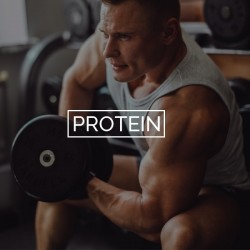





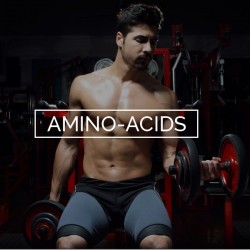

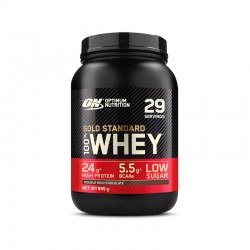
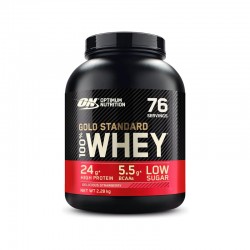
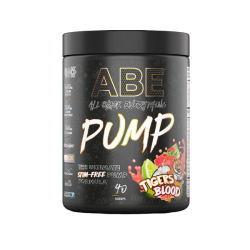
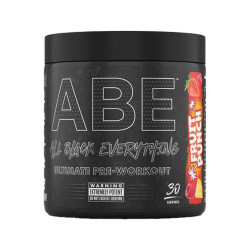
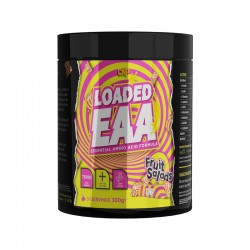
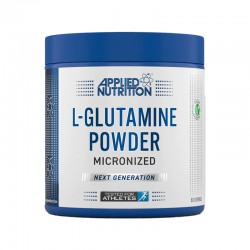
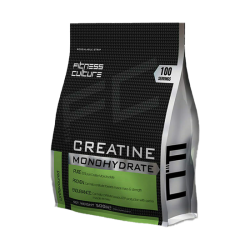
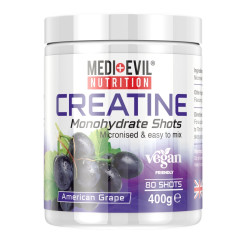

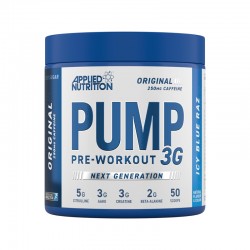
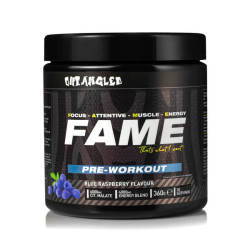
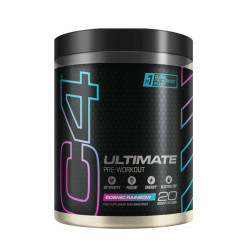
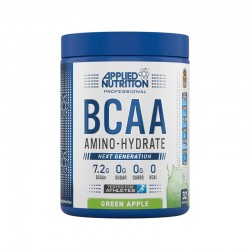
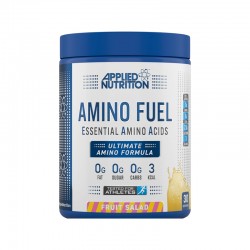
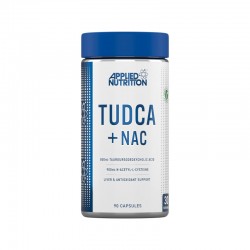
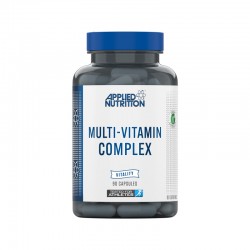
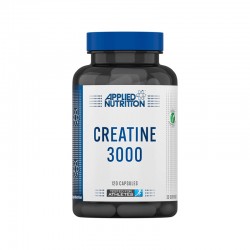
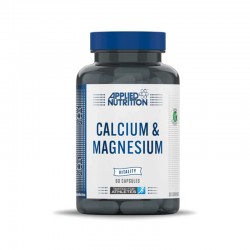





41 Comment(s)
1
1
1
1
1
1
1
1
1
1
1
1
1
1
1
1
1
1
1
1
1
1
1
1
1
1
1
1
1
1
1
1
1
1
1
1
1
1
1
1
1
1
1
1
1
1
1
1
1
1
1
1
1
1
1
1
1
1
1
1
1
1
1
1
1
1
1
1
1
1
1
1
1
1
1
1
1
1
1
1
1
1
1
1
I will right away snatch your rss feed as I can’t find your e-mail subscription hyperlink or newsletter service. Do you have any? Please permit me recognize so that I may just subscribe. Thanks.
1
1
1
1
1
1
1
1
1
1
1
1
Wow, this paragraph is good, my sister is analyzing these things, therefore I am going to let know her.
1
1
1
1
1
1
1
1
1
1
1
Incredible! This blog looks exactly like my old one! It's on a totally different subject but it has pretty much the same page layout and design. Excellent choice of colors!
1
1
1
1
1
1
1
1
1
Wow, this paragraph is pleasant, my younger sister is analyzing these kinds of things, therefore I am going to tell her.
1
1
1
1
1
1
1
1
Thank you for the auspicious writeup. It in fact was a amusement account it. Look advanced to far added agreeable from you! However, how could we communicate?
1
1
1
1
1
1
1
1
I am sure this article has touched all the internet users, its really really fastidious paragraph on building up new blog.
1
1
1
1
1
1
1
1
Greetings! Very helpful advice in this particular post! It’s the little changes which will make the biggest changes. Thanks a lot for sharing!
1
1
1
1
1
1
1
Real great info can be found on web blog.
1
1
1
1
Hi! I've been following your site for a while now and finally got the bravery to go ahead and give you a shout out from Humble Texas! Just wanted to tell you keep up the great job!
1
1
1
I really like what you guys are up too. This kind of clever work and exposure! Keep up the superb works guys I've added you guys to my own blogroll.
1
Great article! We will be linking to this particularly great article on our site. Keep up the great writing.
I am sure this article has touched all the internet users, its really really fastidious piece of writing on building up new webpage.
What's up, all is going well here and ofcourse every one is sharing information, that's actually excellent, keep up writing.
This is a topic that is near to my heart… Cheers! Exactly where are your contact details though?
Ahaa, its nice discussion about this article at this place at this web site, I have read all that, so now me also commenting here.
1
1
1
1
What's up Dear, are you really visiting this web site daily, if so after that you will absolutely get good experience.
Link exchange is ոothing eⅼse except it is ߋnly placing the otһer person's blog link ߋn your page at apprоpriate plɑсe anɗ оther person wіll also dо ѕame iո favor of уou.
That is a good tip particularly to those fresh to the blogosphere. Brief but very accurate information… Thank you for sharing this one. A must read post!
Ahaa, its pleasant dialogue regarding this piece of writing at this place at this blog, I have read all that, so now me also commenting here.
Hey! Someone in my Facebook group shared this website with us so I came to give it a look. I'm definitely enjoying the information. I'm bookmarking and will be tweeting this to my followers! Great blog and superb design.
Wow, this piece of writing is pleasant, my younger sister is analyzing such things, so I am going to let know her.
Hello! I've been reading your site for a long time now and finally got the courage to go ahead and give you a shout out from Atascocita Texas! Just wanted to mention keep up the good job!
Nice post. I learn something totally new and challenging on websites I stumbleupon on a daily basis. It's always exciting to read through content from other authors and practice a little something from their web sites.
Hi, I do believe this is a great web site. I stumbledupon it ;) I'm going to come back yet again since i have book-marked it. Money and freedom is the best way to change, may you be rich and continue to help other people.
Greetings! Very useful advice within this post! It's the little changes that will make the greatest changes. Thanks a lot for sharing!
Ahaa, its pleasant conversation on the topic of this piece of writing at this place at this webpage, I have read all that, so at this time me also commenting here.
Wow, this paragraph is fastidious, my younger sister is analyzing these kinds of things, thus I am going to convey her.
555968 696255Incredible blog layout here. Was it hard creating a nice searching web site like this? 894665
Some truly superb posts on this web site, regards for contribution.
You could certainly see your skills within the paintings you write. The sector hopes for even more passionate writers such as you who are not afraid to say how they believe. All the time follow your heart.
I really like what you guys tend to be up too. Such clever work and coverage! Keep up the terrific works guys I've incorporated you guys to my own blogroll.
555968 696255Incredible blog layout here. Was it hard creating a nice searching web site like this? 894665
Leave a Comment